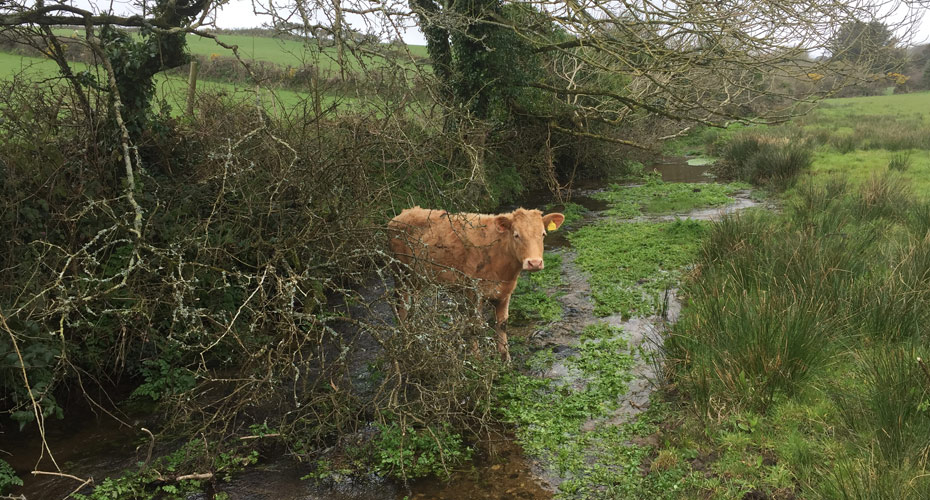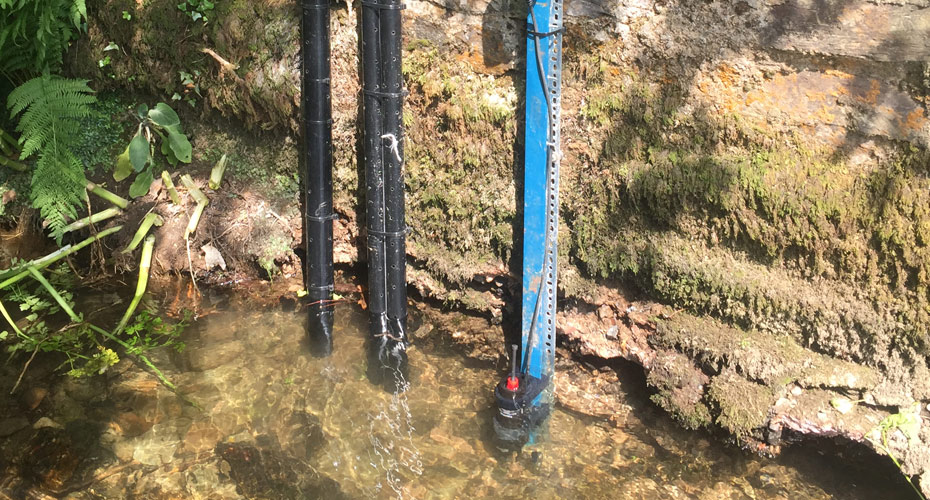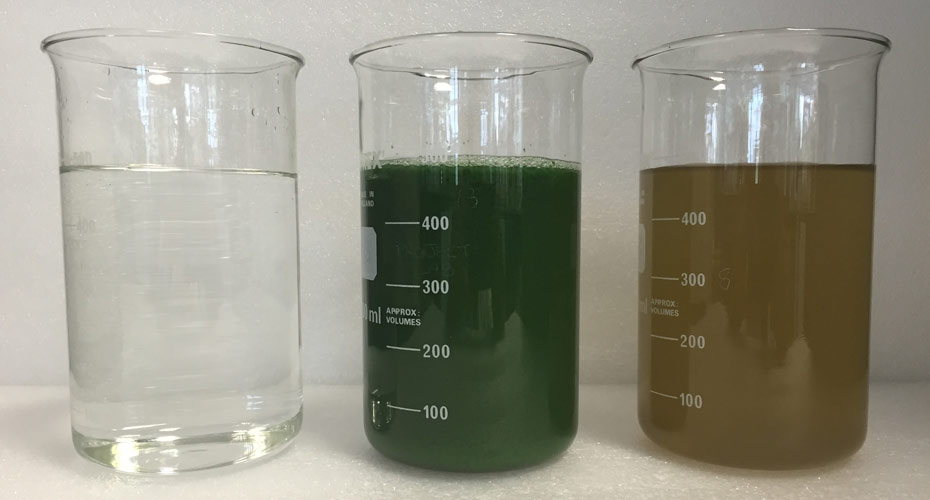Upstream Thinking
Catchment management has increasingly become the chosen approach to reduce both point source and diffuse pollution in freshwater from agriculture. Our research is at catchment scale; it aims at understanding and quantifying the impact of such programme on both water quality and financial savings for water utilities.
About the project
The research project aims to understand and quantify the change brought about through the Upstream Thinking programme, South West Water’s catchment management initiative. Our work focuses on 9 catchments throughout Devon and Cornwall in the South West of England, all having different water quality issues. These include a combination of the following: dissolved organic carbon and colour, turbidity, pesticides or reservoir eutrophication through the input of nutrients.
Using a bespoke monitoring approach for each site, the project aims are threefold:
- Map and characterise the extent of Upstream Thinking interventions aiming at reducing pollution
- Monitor water quality change at water treatment works (WTWs) level; this is done by using a combination of continuous data collected by SWW, or through in situ monitoring of streams.
- Link water quality change to the water treatment process in order to understand the financial impact of improved water quality
Watch: Upstream Thinking - an innovative approach to catchment management
Project Team
- Prof Richard Brazier, Professor of Earth Surface Processes
- Dr Jaeyoung Lee, Research Fellow
- Dr Josie Ashe, Research Fellow
Funded by
- South West Water (SWW)
Project partners
This research is funded by South West Water (SWW), in partnership with Devon Wildlife Trust (DWT), Exmoor National Park Authority (ENPA), Westcountry Rivers Trust (WRT), Cornwall Wildlife Trust (CWT) and the Environment Agency (EA).
Download the report
- Executive summary
- Background and context
- Methods for understanding changes in water quality
- Understanding background conditions and patterns of change
- Mapping catchment interventions
- Water quality modelling
- Argal Reservoir
- Drift Reservoir
- Upper Tamar Lake
- The River Cober
- The River Fowey
- The River Exe
- The Headwater of the Exe
- Concluding remarks and future research
- Appendices






